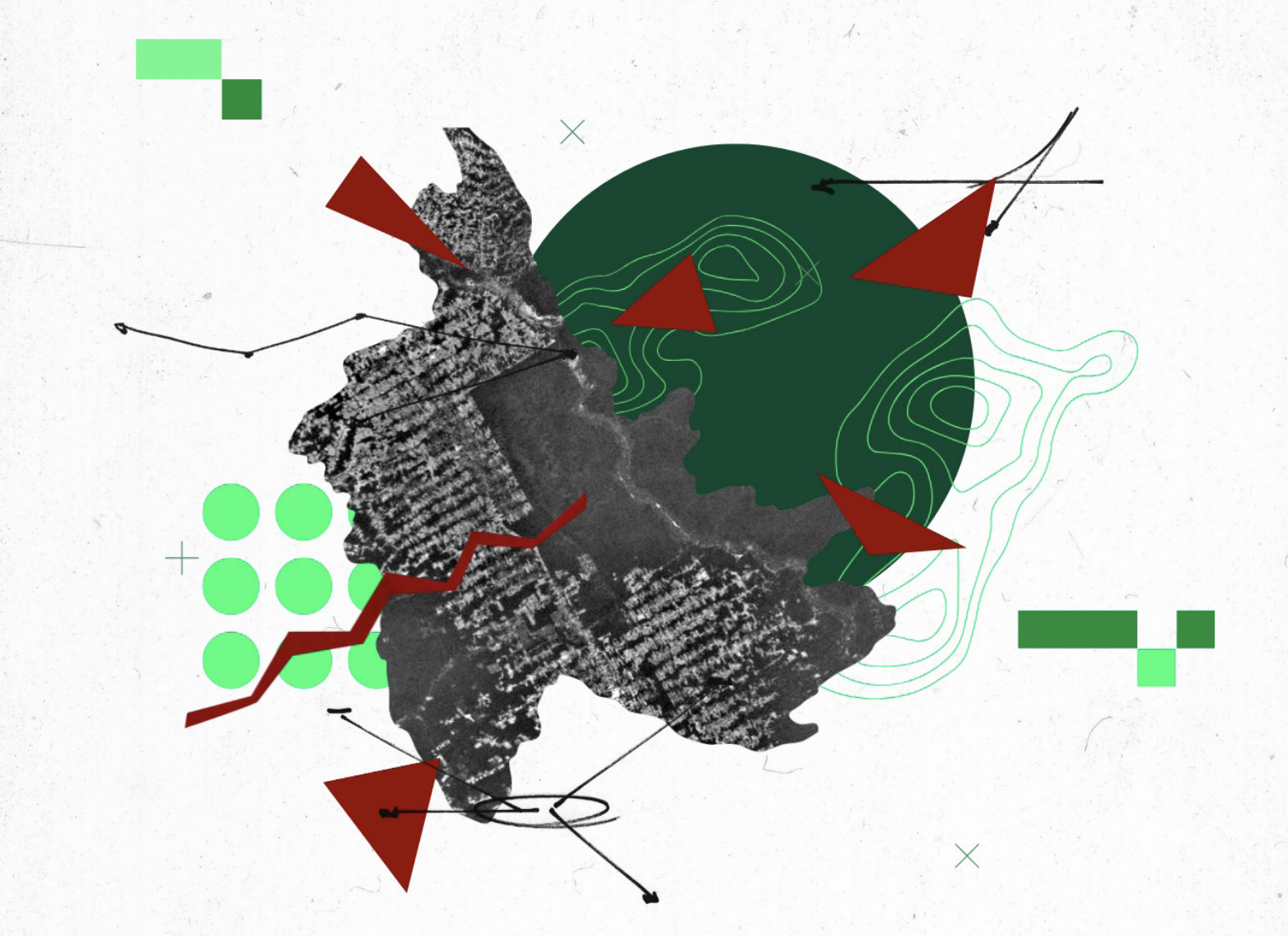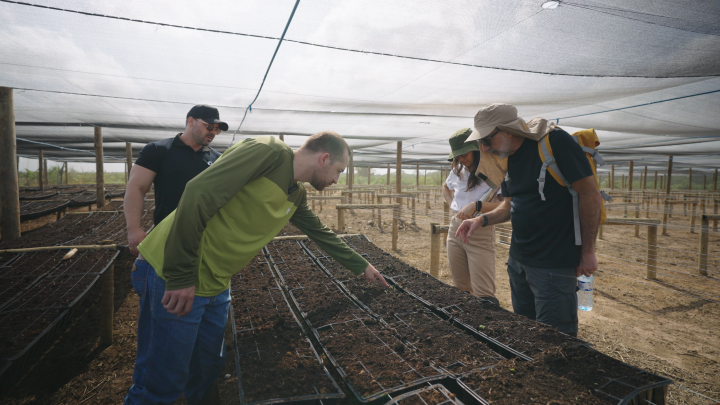The advancement of sustainable investments in Brazil and the Amazon increasingly depends on the ability to understand the risks and opportunities associated with territories. Structured information on environmental, social, economic, institutional, and security dimensions remains scarce, creating barriers to financing and implementing high-integrity businesses.
To address this gap and support informed decision-making by investors and entrepreneurs, the Green Bridge Facility (GBF), incubated by the Igarapé Institute, in partnership with the Nature Investment Lab (NIL), has launched the Territorial Risk Manual — an innovative guide offering a practical methodology for diagnosing and managing territorial risks in Brazil.
Through GBF and with the technical support of NIL, the Igarapé Institute developed this tool to help entrepreneurs and implementers of Nature-based Solutions (NbS) understand, assess, and address systemic risks in the territories where they operate. The manual combines public data, field evidence, and participatory approaches across five key dimensions: environmental, social, security, economic, and institutional.
Targeted at professionals working in forest restoration, regenerative agriculture, and the bioeconomy, the manual adopts a municipal-level approach, offering checklists, data sources, case studies, and practical recommendations to guide planning, due diligence, and project execution. Its goal is to evaluate risks that extend beyond the project site — including environmental degradation and illegal deforestation, social conflict and rights violations, the presence of criminal networks and violence, as well as economic fragility, lack of infrastructure, and weak or inefficient governance.
Based on interviews and surveys with NIL members, the publication provides practical guidance on integrating territorial risk analysis throughout the entire project cycle, connecting large-scale trends to operational decision-making. It also highlights how systemic challenges in the territories where NbS projects operate can jeopardize long-term outcomes and sustainability, while cautioning that poorly designed initiatives may further exacerbate local vulnerabilities.
Ahead of COP30 in Brazil, the manual invites investors and entrepreneurs to lead by example, implementing high-integrity projects with positive territorial impacts. It reinforces the importance of strengthening land governance and national data systems, while encouraging the creation of green business clusters to expand the scale and resilience of Nature-based Solutions.
For more insights, explore the reports Transforming the Economy in the Amazon and Strategic Paper 64: Dynamics of the Ecosystem of Environmental Crimes in the Brazilian Legal Amazon, which complement the manual’s approach by providing deeper context on territorial challenges and opportunities.

